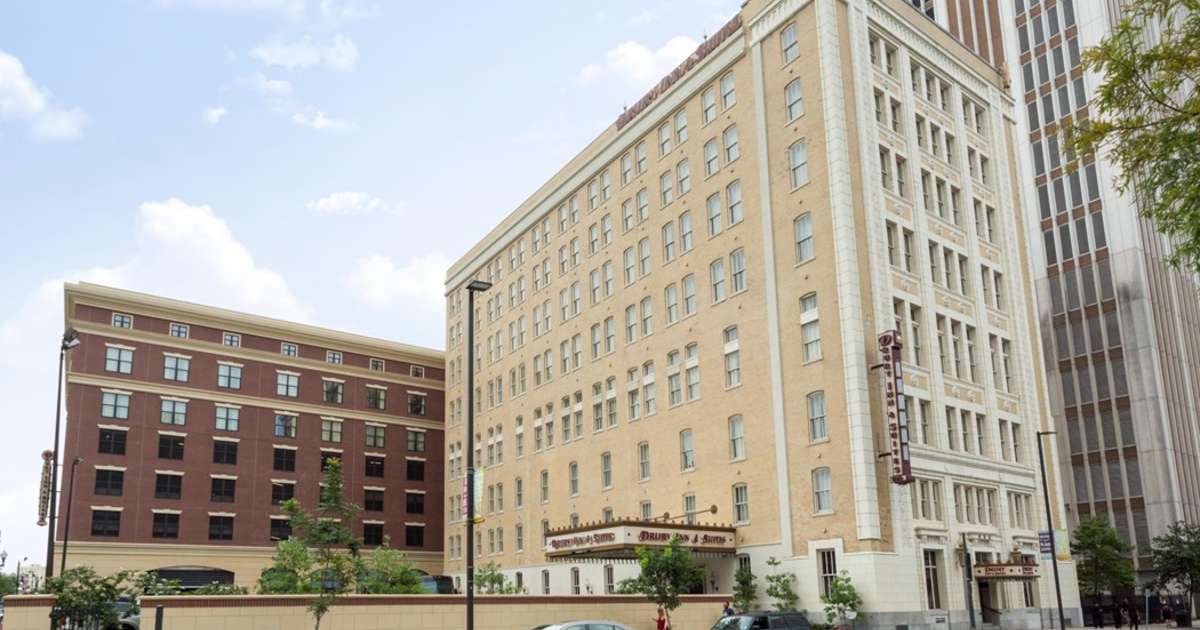

Hotel decision-makers in 2025 face an uncomfortable truth: the old playbook isn’t working anymore. Labor shortages, consumer spending shifts, and rising operational costs are testing every property’s ability to maintain profitability.
To overcome these challenges, many hoteliers are turning to customer relationship management (CRM) systems to drive direct bookings and cultivate loyalty across the guest journey.
But here’s the reality check: CRM isn’t a magic wand. What works for a 200-property enterprise chain will fail spectacularly at an intimate boutique hotel, and vice versa. Let’s break down the benefits of CRM for boutiques, resorts, and multi-brand portfolios in 2025, the pitfalls to avoid, and how to get it right.
Why hotel type matters: from boutique charm to enterprise complexity
CRM isn’t one-size-fits-all. The needs of a 30-room boutique hotel in Santa Fe are radically different from those of a global brand managing 300 properties across five continents. Understanding your operational model – and the kind of CRM it demands – is key to making the right investment.
Boutique hotels: The personalization powerhouse
Boutique hotels thrive on creating intimate, personalized experiences that large chains cannot replicate. The biggest misconception among boutique hoteliers is that CRM systems are “too complex” or designed only for enterprise operations. In reality, the right CRM enables the level of personalization that boutique properties are famous for – without requiring teams to work around the clock tracking preferences manually.
Modern CRM platforms help boutique hotels automate guest communications without losing the human touch, build rich guest profiles with preferences and past stay history, and promote seasonal offers with targeted campaigns. The key is starting small: choose a CRM with an intuitive interface, easy PMS integration, and enough automation to take work off your plate. With those tools in place, boutique brands are positioned for success – such as Sircle Collection, which saw a 37% increase in booking revenue after implementing CRM.
Enterprise brands: manage complexity at scale
Enterprise hotel groups face different challenges: managing multiple properties, potentially different brands, and thousands of guest interactions daily. They need systems that handle multi-property data management with centralized reporting, brand preference centers where guests choose which properties to hear from, and advanced segmentation that works across entire portfolios.
Many enterprise customers assign a $10 value to each name in their database, knowing these guests return more frequently and spend more per stay. Smart enterprise properties treat their CRM database as a revenue asset, calculating exact ROI on CRM investments and database growth initiatives. For example, Acta Hotels tapped their new CRM to create 143,000 unique guest profiles and personalize over 30 marketing campaigns.
Resort properties: Extensive guest engagement
Resort properties require CRM systems that handle complex guest journeys spanning multiple services throughout longer stays. Unlike traditional hotels, resorts must track spa treatments, dining choices, activity bookings, and special occasions while coordinating communications across departments.
CRM helps resorts track guest behavior in real time, drive ancillary spend through personalized upsells, connect operational systems for a complete view of preferences, and tailor experiences to high-value segments. And, since resorts typically have longer stays, the CRM can provide more opportunities for personalization and additional service sales throughout a guest’s visit.
Essential factors for selecting the right hotel CRM
The right CRM doesn’t just store guest data; it actively helps your team deliver better experiences and drive more direct bookings. Here’s what to prioritize regardless of your property type.
Integration Capabilities: No vendor has every integration out of the box, but quality providers offer open APIs for custom development. Don’t eliminate good CRMs for missing integrations, but understand development costs and timelines.
Data Management: Enterprise hotels often discover their “7 million guest profiles” become 2.5 million after AI-assisted deduplication. Every duplicate wastes marketing spend and confuses guest experiences. Look for automated deduplication, real-time data verification, and unified guest profiles.
Effective AI: Your CRM should transform guest data into actionable insights. Look for predictive analytics for guest lifetime value, AI-powered email optimization, automated guest journey mapping, and real-time sentiment analysis from reviews.
The benefits of choosing a CRM by hotel type
CRM implementation delivers different advantages depending on your property type, from enhanced operational efficiency to improved guest satisfaction.
Boutique hotels gain competitive differentiation through technology that amplifies personal touches. For example, staff empowerment tools that highlight returning guests, hyper-targeted marketing based on actual interests, and automated local experience recommendations.
Enterprise hotels achieve operational excellence through systematic approaches to guest relationship management. Advanced capabilities enable cross-selling between properties, lifecycle marketing automation, and revenue shift tracking from OTA bookings to direct channels.
Resort properties benefit from comprehensive guest journey management that maximizes revenue across all amenities and services. The longer guest stays provide more opportunities for personalization and additional service sales, making CRM particularly valuable for optimizing the complete guest experience.
Common pitfalls to avoid in CRM selection
Even with the best intentions, hotels make predictable mistakes during CRM selection that lead to expensive do-overs.
- Making cost the primary decision factor. Focus on value rather than price. The cost of a great hotel CRM can often be paid off with just a single email campaign.
- Underestimating integration complexity. Poor integration leads to data silos and frustrated staff. Ensure real-time data synchronization with your PMS and seamless booking engine connectivity.
- Neglecting scalability. Your CRM choice today affects competitiveness for years. Look for API flexibility, cloud-native architecture, and vendor stability.
- Overlooking data privacy. Data privacy is about both compliance and guest trust. Your CRM should include GDPR compliance, data encryption, and access controls while making privacy easier and not more complex.
Build for now, plan for what’s next
The path forward for choosing the right CRM for your hotel is clear: understand your property type’s specific requirements, invest in thorough evaluation and selection processes, and choose platforms that evolve alongside your business.
No matter your hotel size or brand structure, the CRM should help you find the right guests, inspire them to book, and grow loyalty that lasts.
About Cendyn
Cendyn is a global hospitality cloud-based technology company that enables hotels to drive revenue, maximize profitability, and create deeper connections with guests through its integrated solutions. Serving hoteliers for nearly 30 years, Cendyn drives commercial success for hotels through its Find, Book, Grow promise: find the right guests, drive them to book direct, and grow loyalty and revenue across the spectrum of digital guest interactions.
Cendyn has over 35,000 customers worldwide in more than 150 countries generating more than $20 billion in annual hotel revenue. The company supports its growing customer base from locations across the globe, including the United States, France, the United Kingdom, Singapore, Bangkok, and India. To find out more, visit cendyn.com
View source


